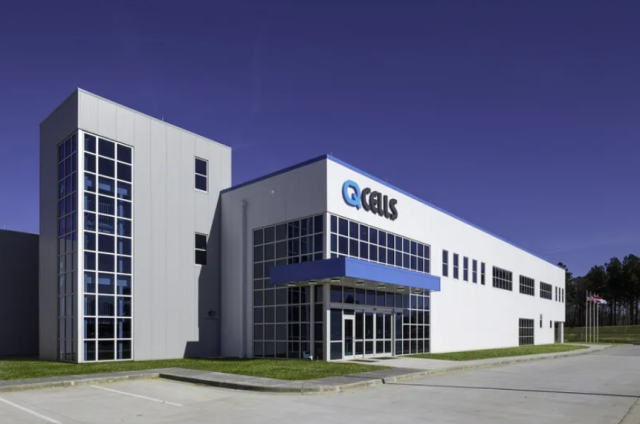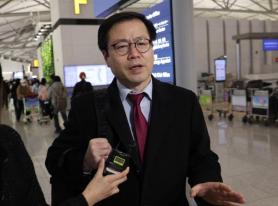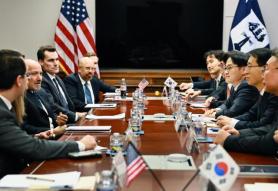
According to a document submitted to the U.S. Commerce Department early last week and disclosed in the Federal Register on Sunday, Seoul requested "special consideration" to exempt South Korean companies from potential import restrictions on polysilicon, a key material for solar panels and semiconductors.
The request was made amid U.S. President Donald Trump's Section 232 trade investigation, which examines whether imports of polysilicon should face tariffs or other restrictions to protect what his administration considers a strategically important material for national security.
The document explained that broad tariffs on this essential material could disrupt supply chains critical to both countries, emphasizing that South Korean companies are actively investing in the American solar and semiconductor industries, and highlighting that access to polysilicon is crucial for their operations and aligns with America's supply chain diversification goals.
It also cited South Korean companies' massive investment in the U.S. including Hanwha Q Cells' solar panel manufacturing facility in Georgia and OCI's solar cell production facility in Texas.
Government officials here also expressed concerns that polysilicon tariffs could increase semiconductor manufacturing costs in the U.S. and reduce the profitability of companies operating there, potentially undermining American reshoring goals.
In a separate request, Hanwha Q Cells proposed that the U.S. impose a US$10 per kilogram on polysilicon imports while establishing tariff-rate quotas allowing 20,000 tons of duty-free imports annually from Germany and Malaysia.
The company also suggested a tariff of 20 cents per watt on solar modules regardless of country of origin, while recommending TRQ allocations for solar ingots, wafers, and cells made from U.S., German, and Malaysian polysilicon.
Hanwha sources all polysilicon for its U.S. operations from Malaysia and imports solar cells made from Malaysian polysilicon, both from South Korea and Malaysia, to manufacture modules in the U.S.
Semiconductor polysilicon producer OCI similarly requested an exemption for semiconductor-grade polysilicon.
The document also called for enhanced cooperation among U.S. allies to strengthen global supply chains, urging that the trade investigation be conducted in a "reasonable and predictable manner consistent with U.S. national security objectives."
Copyright ⓒ Aju Press All rights reserved.




